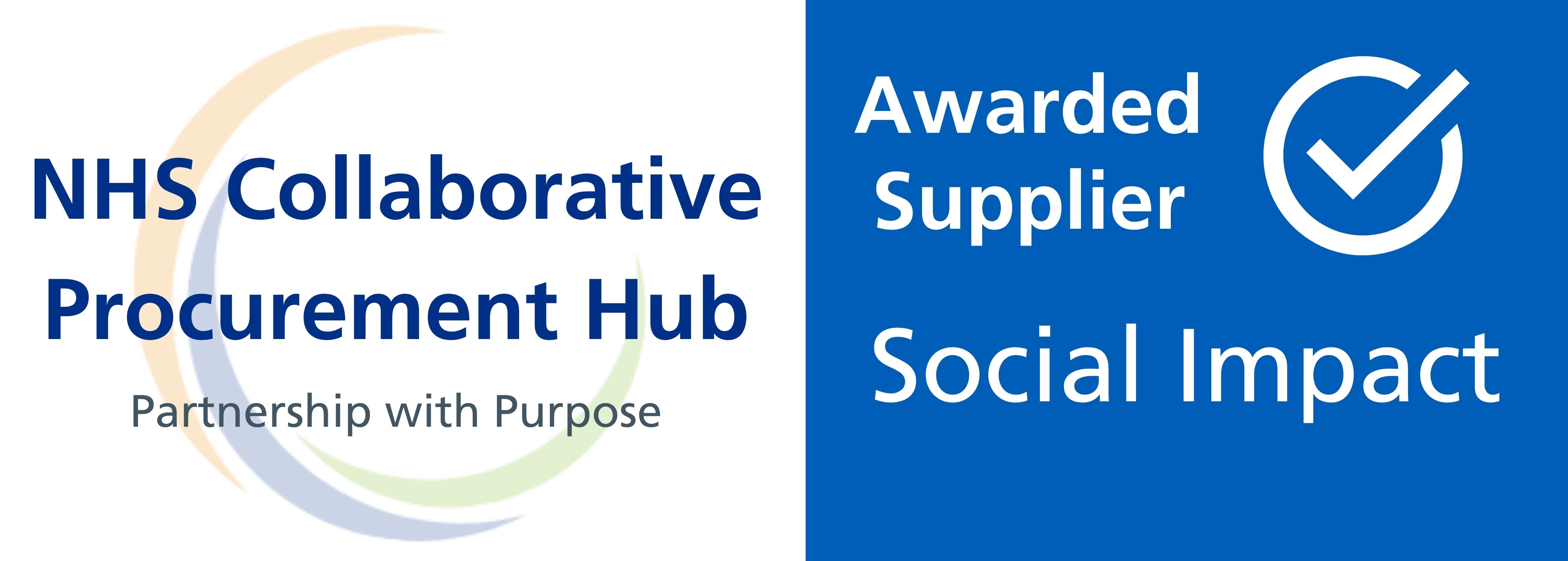Rape, sexual violence and child sexual abuse can happen to anyone, of any age, gender or background.
There are many common myths about rape, sexual violence and child sexual abuse. These myths can make it difficult for victims and survivors to talk to anyone or get help. Victim and survivors often think others will blame them or they won’t be believed and these myths can cause feelings of guilt, shame and self-blame. These myths can also affect how survivors are treated by family and friends, services, and organisations.
CARA works to challenge and dispel these myths, to improve understanding of rape, sexual violence and child sexual abuse and to help victims and survivors get the support they need and want.
Examples of rape myths
Myth: If someone didn’t scream or try to fight their attacker off, then it wasn’t rape.
Fact: There are many reasons why someone might not scream or struggle. In fact, many people find that they cannot move or speak at all – this is a very common reaction. Some rapists also use manipulation or threats to intimidate or control the other person. No matter whether or not someone ‘fights back’, if they didn’t freely consent to sex then it is rape.
Myth: If you are in a relationship with someone, it’s always OK to have sex with them.
Fact: Everyone has the right to say ‘no’ to any type of sexual activity at any time – including with their partner. Consent must be given and received freely every time. Rape and sexual violence in a relationship is illegal.
Myth: If someone gets drunk or takes drugs, it’s their own fault if they end up getting raped. They should have kept themselves safe.
Fact: Someone who is incapacitated cannot legally consent to sex. Getting drunk or taking drugs does not mean you deserved to be raped. Rape is always the rapist’s fault.
Myth: Men don’t get raped.
Fact: Men are also raped and sexually assaulted. Although sexual violence disproportionately affects women and girls, men and people who identify as other genders are also affected. CARA provides specialist support to victims and survivors of all genders.
Myth: Women don’t commit sexual offences.
Fact: The majority of sexual assaults and rapes are committed by men against women and children. However, women do sometimes perpetrate sexual violence against other women, men and children. Often people who’ve been sexually assaulted or abused by a woman worry they won’t be believed or their experiences won’t be considered ‘as bad’. This can make it particularly difficult for these survivors to access services or justice.
Myth: People who were sexually abused as children are likely to become abusers themselves.
Fact: The vast majority of people who were sexually abused as children would never rape or sexually abuse other people. This is a dangerous myth that is sometimes used to excuse the behaviour of people who do sexually abuse children or others. There is never any excuse for sexual violence against children or adults.
Myth: Women shouldn’t go out alone at night as they are likely to get raped.
Fact: Only one in 10 of rapes are committed by ‘strangers’. The rest are committed by someone the victim or survivor knows – such as a friend, neighbour, colleague, partner, or family member. People are raped in their homes, their workplaces and other settings where they previously felt safe. The risk of rape by a stranger shouldn’t be used as an excuse to control or restrict what women can do, or to make them feel they were to blame for what happened to them.
Myth: Women provoke men to rape them by wearing revealing clothes or flirting.
Fact: It doesn’t matter what a woman is wearing, or how she is behaving – if she doesn’t consent to sex, that is rape. Only the rapist is ever responsible for rape.
Myth: Women often lie about rape because they regret having sex with someone, or because they want attention.
Fact: Stories in the media about false allegations can receive a huge amount of attention and give the impression that women often lie about sexual violence. In fact, false allegations of rape are extremely rare and no more common than for any other crime. Most people who have been raped or experienced sexual violence or abuse never report what has happened to them to the police.
Myth: When it comes to sex, women and girls give out mixed signals. They sometimes ‘play hard to get’ and say ‘no’ when they really mean ‘yes’.
Fact: Everyone has the legal right to say ‘no’ to sex and to change their mind at any point of sexual contact. If the other person doesn’t stop, they are committing sexual assault or rape. When it comes to sex, we must check in with our partners, be aware of and respect their wishes and believe what they tell us about what they do and don’t want.
Myth: Once a man is sexually aroused he can’t help himself; he has to have sex.
Fact: Men can control their urges to have sex just as women can. No-one needs to rape someone for sexual satisfaction. Rape is an act of violence and control. There are no excuses.
Myth: Men of certain races and backgrounds are more likely to commit sexual violence or child sexual abuse.
Fact: There is no typical rapist or sexually abuser. People who commit sexual violence come from every economic, ethnic, racial, age and social group.

ACCESSING OUR SERVICES
Use our online self-referral form
Leave us a message on our 24 hour answerphone
01206 769795
Contact our Essex-wide team of First Contact Navigators
Coming soon
PROFESSIONALS
GPs, social workers, mental health workers or other professionals can refer clients for counselling
through our online referral form.












